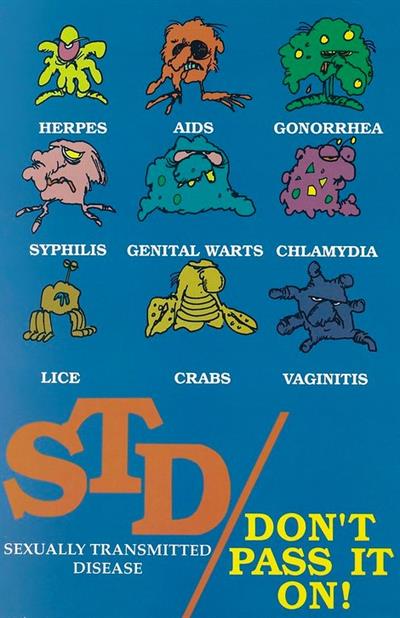
PUMPA - SMART LEARNING
எங்கள் ஆசிரியர்களுடன் 1-ஆன்-1 ஆலோசனை நேரத்தைப் பெறுங்கள். டாப்பர் ஆவதற்கு நாங்கள் பயிற்சி அளிப்போம்
Book Free DemoAccording to World Health Organization (WHO), reproductive health means total well being in all aspects of reproduction, ability to reproduce and regulate fertility, women's ability to undergo pregnancy and safe childbirth, maternal and infant survival and well being.
The World Health Organization (WHO) defined reproductive health as,
Reproductive health is the total well-being of physical, emotional, social and behavioural aspects in reproduction.
Thus, reproductively healthy persons have physically and functionally normal reproductive organs. Now we should understand the significance of maintaining reproductive health and the methods to achieve them.
Reproductive health - Problems and Strategies
Problems:
1. Over-population: The main problem in India is over-population.
2. Early marriage: In India, children are married early as soon as they attain puberty.
3. Deformities: Deformities are prevalent in children of early marriage.
4. Maternal mortality rate (MMR) and Infant mortality rate (IMR) are high in early marriages.
5. Sexually transmitted diseases are also increasing in our society due to various reasons. Unsafe sexual life can give rise to sexually transmitted diseases (STDs) such as gonorrhoea, syphilis, trichomoniasis, genital warts, and acquired immunodeficiency syndrome (AIDS).

Common sexually transmitted diseases (STDs)
6. Frequent pregnancies and pregnancy at a tender age also have adverse effects on women's health.
Strategies:
1. Family planning programme
2. Awareness about reproduction - Awareness about reproduction and reproductive health must be created. There are Non-Governmental Organizations (NGOs) that promote awareness campaigns.
3. Sex education in schools should be introduced and encouraged to provide the correct information regarding myths and misconceptions about sex-related aspects.

Sex education must be provided in schools
4. Knowledge of the reproductive organs, STDs, safe and hygienic sexual practices leads to a healthy reproductive life.
5. Information on reproduction-related problems, infertility, and menstrual issues must be provided to assist people in a safe and healthy reproductive life.
Thus, several measures were undertaken by the
government to improve the reproductive health
of the people. The Government of India has established National Population Policy (NPP) and National Health Policy (NHP) to substantiate the awareness program.
The government has launched several National Health Programmes such as:
a. Family Welfare Programme
b. Reproductive and Child Health Care (RCH) Programme
Family welfare programme:
The National Family Welfare Programme is a comprehensive scheme that includes:
1. Maternal and child health care (MCH).
2. Immunization of mothers, infants and children.
3. Nutritional supplement to pregnant women and children.
4. Contraception with health education, encouraging couples to accept contraceptive methods and having small family norms, which improve economic status, living status and quality of life.
Reproductive and Child Health Care (RCH) Programme:
It has integrated all services, which include
- Pregnancy and childbirth.
- Postnatal care of the mother and child.
- Importance of breastfeeding.
- Prevention of reproductive tract infections and sexually transmitted diseases.
Some devices and drugs have been developed to prevent pregnancy and to have a safe sexual life. They are called contraceptives. There are some surgical processes also to prevent pregnancy.
Reference:
https://www.flickr.com/photos/saulalbert/34220886813
https://www.flickr.com/photos/wikimediacommons/25164879660/
https://www.flickr.com/photos/wikimediacommons/25164879660/